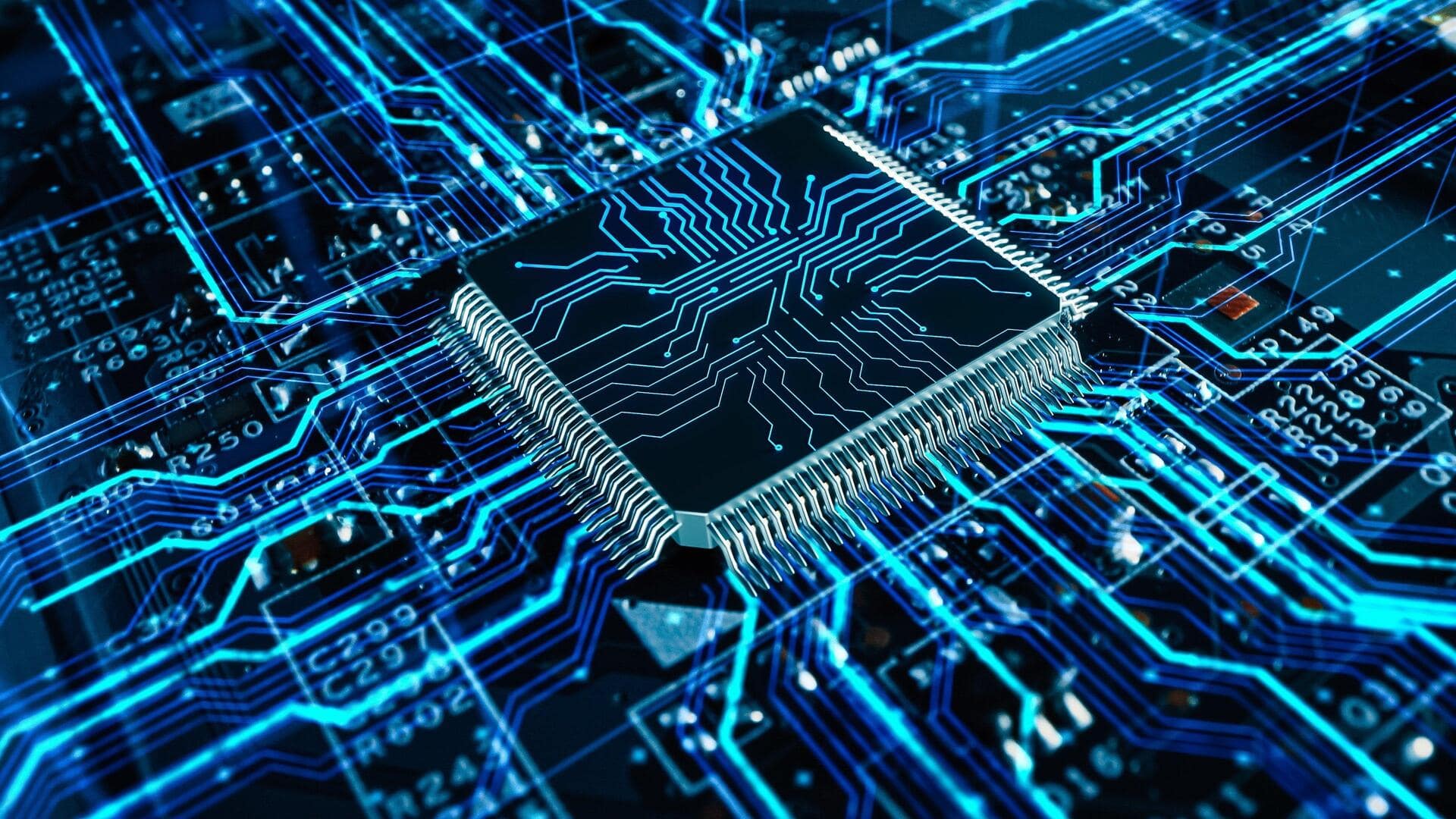
US's cap on chip exports may hinder India's AI development
What's the story
The outgoing Joe Biden administration in the US has proposed a new rule that could potentially affect the growth of artificial intelligence (AI) in various countries, including India. The regulation, which came into effect on January 13, places restrictions on access to graphics processing units (GPUs). These GPUs are essential for running advanced AI applications and models.
Regulatory effects
Impact of GPU restrictions on AI operations
The Economic Times states that the new US rule may result in long delays and expensive licensing for AI-driven operations. Addressing these issues, India's Information and Broadcasting Minister Ashwini Vaishnaw said in an interview with Business Standard, "We are consulting with the industry for developing a GPU, and our endeavor is to support such a move." He added that talks were on with the Centre for Development of Advanced Computing (C-DAC) on the matter.
Classification
US regulation categorizes nations into 3 groups
The new US regulation divides countries into three categories. The first category comprises 23 nations such as Russia, China, and North Korea, which will be entirely denied access to US GPUs. The rest of the world will be subject to country-specific restrictions. In the case of India, the cap is limited to 50,000 advanced GPUs.
Objectives
Framework aims to balance national security and economic interests
The Biden administration's new framework for exporting advanced computer chips, is aimed at striking a balance between national security concerns and the economic interests of manufacturers and other countries. However, chip industry executives have raised concerns that these rules could restrict access to existing processors used for video games, and those used for data centers and AI products in 120 countries.
Industry response
NVIDIA criticizes GPU cap as 'unprecedented and misguided'
NVIDIA, a leading player in the chip industry, has slammed the proposed rules as "unprecedented and misguided." The company warned that these regulations might "derail" innovation and economic growth worldwide. This criticism comes as part of a broader debate within the AI community, over the potential impact of these chip export restrictions on global technological advancement.